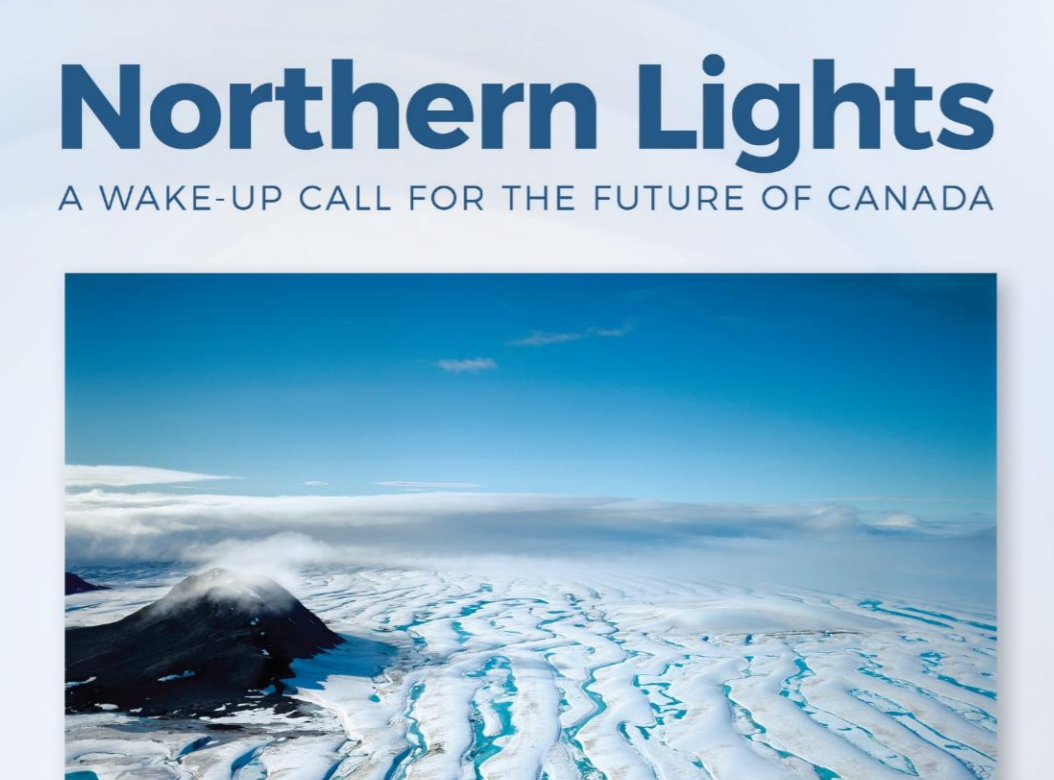https://www.cbc.ca/news/canada/north/
Elected officials stabbed at muddy ground with clean shovels at the official groundbreaking on the Tlicho all-season road in Whatı̀, N.W.T., on Saturday. For Whatı̀ Chief Alfonz Nitsiza, the moment was the culmination of decades of effort.
Speaking to reporters in a scrum, Nitsiza said that decades ago two elders — including his own uncle, who is a former chief — survived two plane crashes in the Tlicho region.
“They quickly realized, this is too much, and there’s a lot of people going in and out of the community for medevac, we need to get a road here. That’s when it all started — almost 30 years ago.”

























